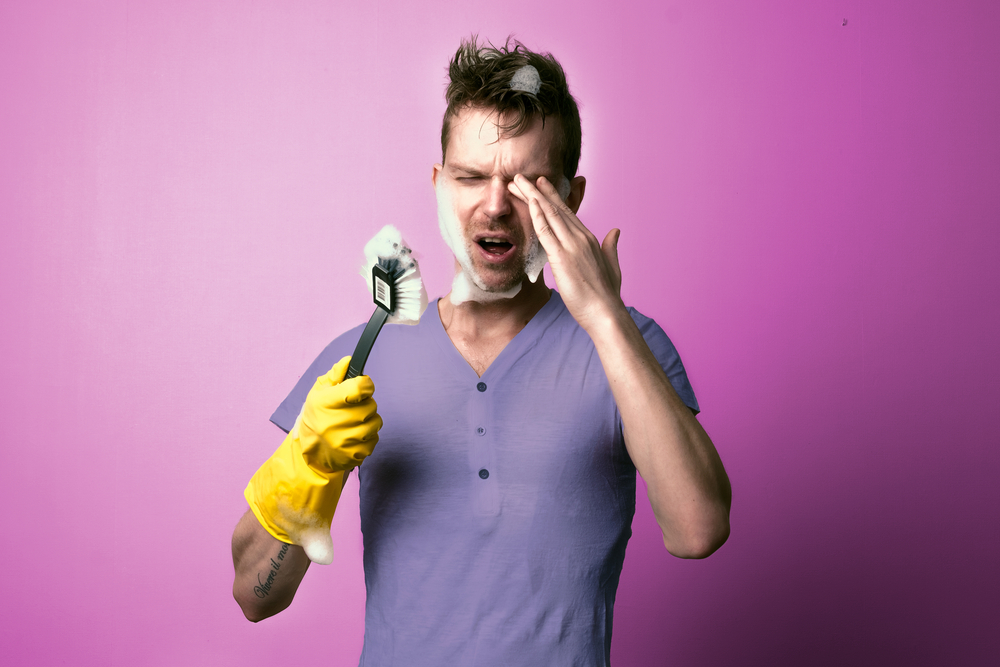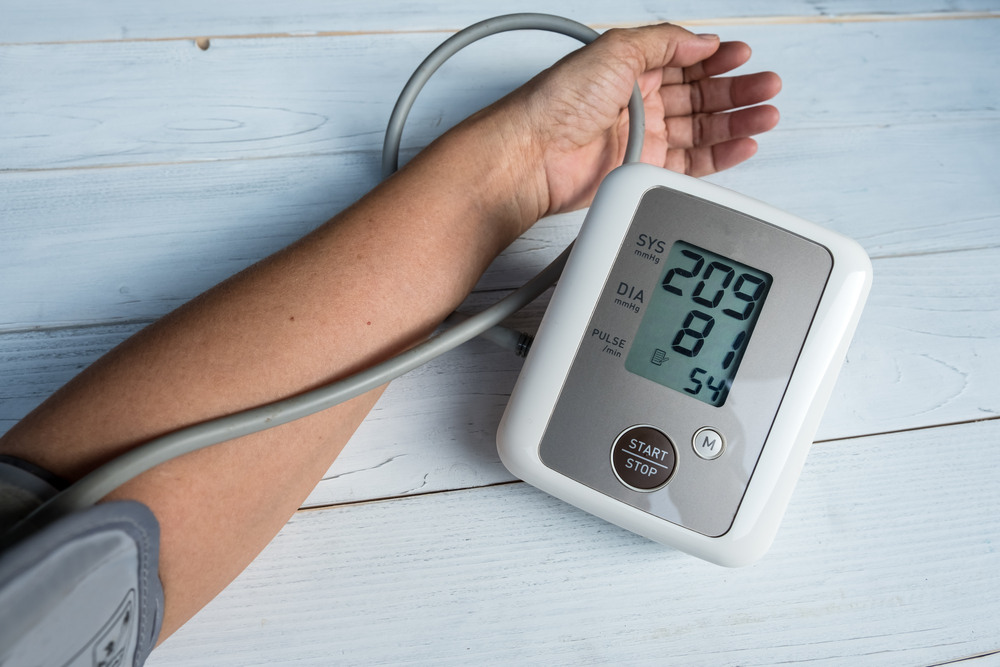Contents:
- Medical Video: Signs, Symptoms, and Treatment of ADHD in Children
- What is hyperactivity?
- What are the causes of hyperactivity?
- What are the characteristics of a hyperactive child?
- Hyperactivity is a condition that can be treated
- How can a doctor diagnose hyperactivity?
Medical Video: Signs, Symptoms, and Treatment of ADHD in Children
One of the biggest fears of parents who have toddlers is their baby shows the characteristics of hyperactivity. Hyperactivity is a condition that many children experience. This condition is most easily demonstrated through the attitude of a child who seems unable to be still and calm.
Not only in children, apparently hyperactivity is a disorder that is also experienced by adults. So, it's important for you to find out more about the ins and outs of hyperactivity.
What is hyperactivity?
A child or adult is classified as hyperactive if he becomes unusually active, for example in an inappropriate situation or the child does not heed the words of his parents at all to be calm. Hyperactivity can be indicated by signs such as:
- Continue to move excessively, as if never tired
- Aggressive (behaving or saying harsh)
- Impulsive (don't think long before acting), for example damaging his own favorite toy and then regretting it
- Can not focus, always change activities and difficult to talk to
Hyperactivity causes many problems because someone who is hyperactive cannot concentrate, both at school and at work. The result includes bad academic performance, accidents, and injuries.
Hyperactivity can also cause problems in relationships with surrounding people such as friends, family, teachers, and coworkers. Gradually, hyperactive people are at risk of experiencing anxiety or depression because of the condition and the reaction of others to him.
Hyperactivity is generally associated with attention deficit hyperactivity disorder (ADHD) aka attention deficit / hyperactivity disorder. ADHD is a disorder that causes the patient to become overactive, unable to concentrate, and impulsive. ADHD often appears in young children, but adults can also experience this condition.
What are the causes of hyperactivity?
Hyperactivity is often a symptom of other problems, including mental and physical illness. So, hyperactivity itself is a condition, not a stand-alone disease. The most common causes of hyperactive children are:
- ADHD (attention deficit / hyperactivity disorder)
- Hyperthyroidism
- Brain disorders and central nervous disorders
- Psychological disorder
What are the characteristics of a hyperactive child?
The signs of a hyperactive child are:
- Difficulty concentrating
- Impulsive behavior
- Talking out of place
- Say without thinking
- Hit a classmate, brother or sister
Adults who have hyperactivity conditions also usually show a variety of hyperactive symptoms above during childhood. Some symptoms can improve or disappear on their own with age. However, sometimes there are still some characteristics of hyperactivity that continue to exist even after growing up. Therefore, signs of hyperactivity in adults generally include:
- Difficulty concentrating
- Frequent loss of focus (short attention span)
- Difficulty remembering information such as people's names, important numbers, addresses, or today's date
- Some symptoms are the same as in the case of children, for example impulsively
Hyperactivity is a condition that can be treated
Take it easy, hyperactivity can be overcome. Diagnosis and initial treatment will give the best results. Doctors can recommend certain treatments to treat the cause of hyperactivity.
If hyperactivity is caused by conditions such as thyroid disorders, brain disorders, or central nervous disorders, patients will need treatment to deal with the condition.
Whereas if hyperactivity is caused by an emotional disorder, patients will need help from a mental health specialist along with treatment or cognitive behavioral therapy.
Handling hyperactive conditions requires support and assistance from people around children, especially families. Families must dig up a lot of information about this condition or join a family community of people with hyperactivity.
How can a doctor diagnose hyperactivity?
If you notice yourself or those closest to you show signs of hyperactivity, consult a doctor. At this meeting, the doctor will ask questions about symptoms, especially those that have just happened and affect your health or those closest to you.
The doctor will also ask about the treatment used for medical or mental health conditions. This can help the doctor determine the type of hyperactivity and whether the condition is new or the condition is worsening, or just a side effect of treatment.
The right diagnosis plays an important role in overcoming hyperactivity effectively.












